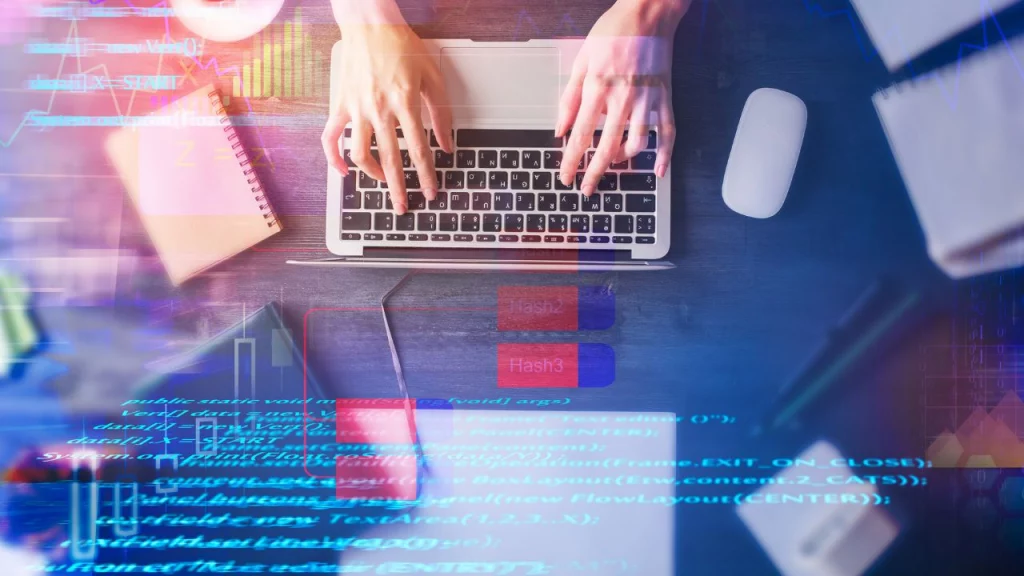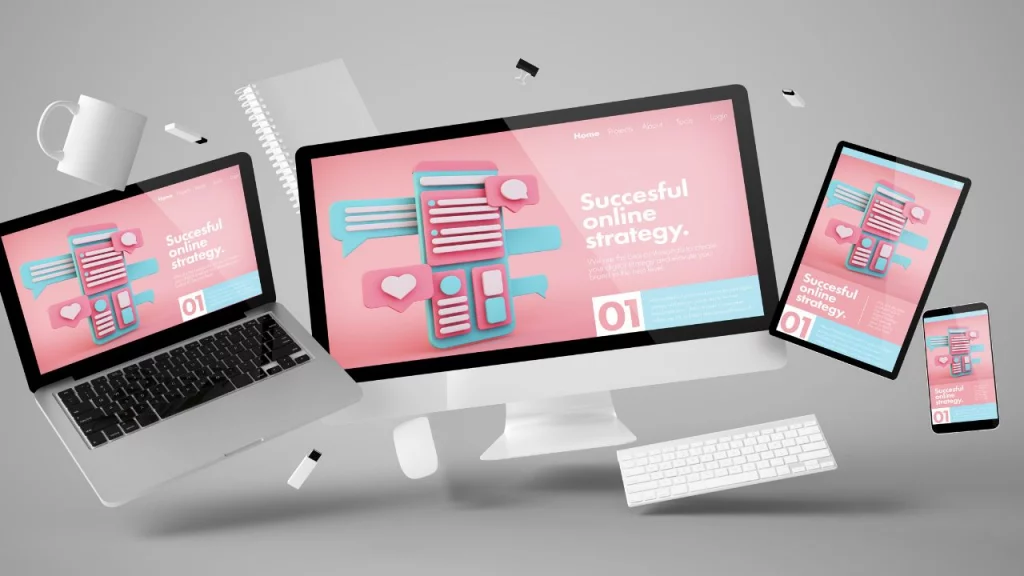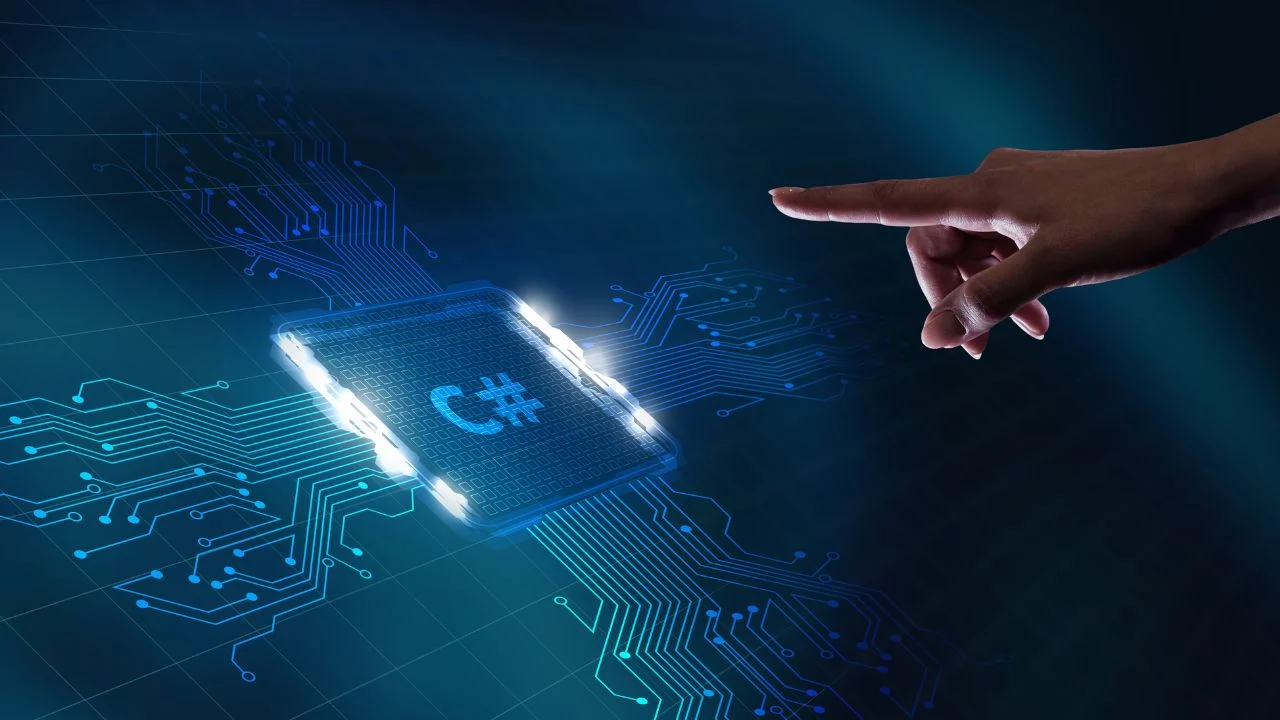It’s no secret that the world of programming is always changing. What was popular a few years ago may be completely outdated now. So, what does that mean for the future of programming? In this blog post, we will explore some of the latest trends in programming and what they could mean for the future of the industry. From new languages to new platforms, there’s a lot to be excited about. So, if you’re curious about where programming is headed, read on!
If you are curious about programming you may also check Top Swift App Development Companies For Your Next iOS App.
Trends in the Future of Programming
There are a few different schools of thought when it comes to the future of programming. Some believe that programming will become more and more intuitive and user-friendly, making it accessible to everyone. Others believe that the industry will move towards artificial intelligence-based programming, where machines do most of the work.
Which trend is more likely to prevail? It’s hard to say. However, one thing is certain: the future of programming is sure to be fascinating.
A few future trends in programming has been listed below:
1. AI will Become Part of Every Developer’s Toolkit–but Won’t Replace Them
Artificial intelligence (AI) will become more and more commonplace in the world of programming, but it is unlikely to ever completely replace human developers. The reason for this is that AI still relies on humans to design and oversee its algorithms, and ultimately to interpret and act on the results that they generate.

That’s not to say that AI won’t have a major impact on the future of programming, particularly within the domain of a Python development company. As AI technology continues to advance, it will become increasingly able to handle more complex tasks and make better decisions than humans. This will free up human developers at Python development companies to focus on other aspects of their work, such as design and user experience.
AI will also change the way we think about programming. Today, programming is largely seen as a manual process of writing code to solve specific problems. In the future, however, AI will allow us to develop programs that can learn and adapt over time, much like the human mind. This could lead to a new generation of more intelligent and efficient applications.
Also, check the curated: Top Ruby on Rails Outsourcing Company
2. Rise of Universal Programming Language
In the past, programming languages were designed to be used by a specific group of people, such as mathematicians or engineers. However, in recent years there has been a rise in the popularity of so-called universal programming languages. These are languages that can be used by anybody, regardless of their background or expertise.

One of the most popular universal programming languages is Python. Python was created with the intention of being easy to read and write, and it is suitable for a wide range of tasks. It is now used by millions of people all over the world, including many professional programmers.
Another popular language is Java. Java was designed to be portable and platform-independent, meaning that it can run on any type of computer. It is widely used in both commercial and open source software projects.
There are also many other universal programming languages available, such as JavaScript, PHP and Ruby. Universal programming languages offer many benefits over traditional languages; they are easier to learn and use, and they are more versatile. As more people start to use these kinds of languages, it is likely that they will become even more popular in the future.
Also Read: Best Web3 App Developers in USA
3. Every developer will need to work with data
There is no doubt that data plays a critical role in today’s business landscape. In fact, it has been estimated that 90% of the world’s data has been generated in the last two years alone. As such, it is safe to say that every developer will need to work with data at some point in their career.

There are many different types of data that developers may need to work with, including customer data, financial data, product data, and more. And as businesses become more data-driven, the demand for skilled developers who can work with this data will only continue to grow.
So what does this mean for the future of programming? Well, it seems likely that programming languages will continue to evolve to meet the needs of those working with data. We may see new languages emerge that are specifically designed for working with large amounts of data, or existing languages may add new features and libraries that make working with data easier. Either way, it is clear that those who can master working with data will be in high demand in the years to come.
You can also check: Best Dot net Development Companies
4. The Future of Coding is both No-Code and Code
There is no one-size-fits-all answer to the question of what the future of programming holds. The industry is constantly evolving, and new technologies are emerging all the time. However, there are some general trends that we can identify that will likely shape the future of coding.
One trend that is already having an impact is the rise of no-code platforms. These platforms allow users to build applications without any coding knowledge. This is opening up the world of programming to a whole new group of people who would otherwise be excluded.

At the same time, traditional coding languages are also evolving. They are becoming more powerful and easier to use. This means that even experienced programmers will be able to get more done with less code.
So, what does this all mean for the future of programming? It seems likely that it will become increasingly accessible to people of all skill levels. And, as coding languages become more efficient, we will be able to create even more complex and innovative applications.
What Are The Top Programming Languages Of The Future?
The future of programming is always evolving. The top programming languages of the future will likely be those that are easy to learn and use, offer flexibility and power, and can handle the ever-growing complexity of software development. While there are many different languages to choose from, these are some of the most popular options:
1. Python: Python is a versatile language that’s easy to learn, yet powerful enough to handle complex software development projects. It’s widely used in many different fields, from web development to scientific computing.
2. Java: Java is another versatile language that offers a high level of security and scalability. It’s used in everything from desktop applications to large-scale enterprise systems.
3. JavaScript: JavaScript is a essential for any web developer. It’s also becoming increasingly popular for developing mobile apps and server-side applications.
4. C++: C++ is a powerful language with a wide range of applications. It’s often used in high-performance systems such as video games or operating systems.
5. Go: Go is a new language created by Google that’s gaining popularity for its simplicity and efficiency. It’s well suited for large-scale distributed systems such as cloud computing or web services.
Also Look At: Top Metaverse Development Companies
Conclusion
No one can say for certain what the future of programming will hold, but we can make some educated guesses. It’s likely that there will be more focus on artificial intelligence and machine learning, as these technologies become more advanced. Additionally, we may see more languages created specifically for niche applications. Whatever the future holds, it’s sure to be an exciting time for programmers!










Leave a Reply